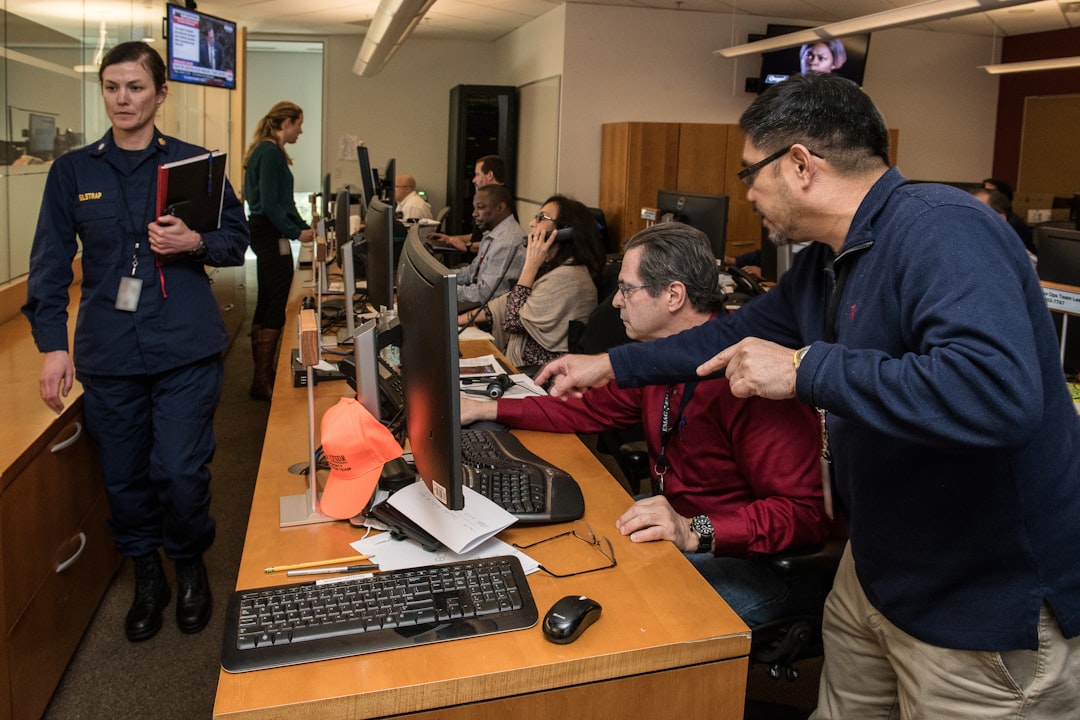Mastering the Art of Convention Planning: A Comprehensive Guide
In the world of events and gatherings, conventions stand out as a unique opportunity for networking, learning, and showcasing innovations. However, planning a successful convention requires meticulous attention to detail, creative thinking, and effective coordination. Whether you are an experienced event planner or a novice looking to venture into the world of conventions, this comprehensive guide will equip you with the knowledge and tools to organize a memorable and impactful event.
Convention planning begins with a clear understanding of the event’s purpose, target audience, and desired outcomes. Are you aiming to educate industry professionals, promote new products, or simply provide a platform for networking? Defining your objectives will guide all subsequent decisions and ensure that every aspect of the convention aligns with your goals.
One of the key components of successful convention planning is venue selection. The venue sets the tone for the event, influences attendee experience, and can make or break the overall success of the convention. Factors to consider when choosing a venue include location accessibility, capacity, amenities, and budget. Whether you opt for a traditional conference center, a unique outdoor space, or a trendy urban loft, the venue should reflect the theme and goals of your convention.
Another crucial aspect of convention planning is program development. From keynote speakers and breakout sessions to networking events and entertainment, a well-crafted program is essential for keeping attendees engaged and ensuring a seamless flow of activities. Collaborating with industry experts, thought leaders, and entertainment professionals can add value to your convention and attract a diverse audience.
Effective marketing and promotion are vital for generating buzz and attracting attendees to your convention. Utilize a mix of traditional advertising, social media campaigns, email marketing, and partnerships with relevant organizations to reach your target audience and create excitement around the event. Offering early bird discounts, exclusive perks, and interactive content can entice potential attendees to register and participate in your convention.
On the day of the convention, meticulous execution and attention to detail are paramount. Ensure that all logistical aspects, such as registration, signage, audiovisual equipment, and catering, are carefully coordinated and running smoothly. Assign dedicated staff members to handle attendee inquiries, manage unexpected challenges, and ensure that the event stays on schedule.
Post-convention evaluation and follow-up are often overlooked but essential for gauging the success of your event and gathering valuable feedback for future improvements. Send out surveys to attendees, sponsors, and speakers to gather insights, testimonials, and suggestions for enhancing future conventions. Analyze key performance indicators, such as attendance numbers, revenue generated, and social media engagement, to measure the impact of your convention.
In conclusion, convention planning is a complex yet rewarding endeavor that requires strategic thinking, creativity, and attention to detail. By following this comprehensive guide and leveraging best practices in event management, you can organize a successful and memorable convention that leaves a lasting impression on attendees and stakeholders. Remember, the key to successful convention planning lies in meticulous preparation, effective communication, and a passion for creating unforgettable experiences.
